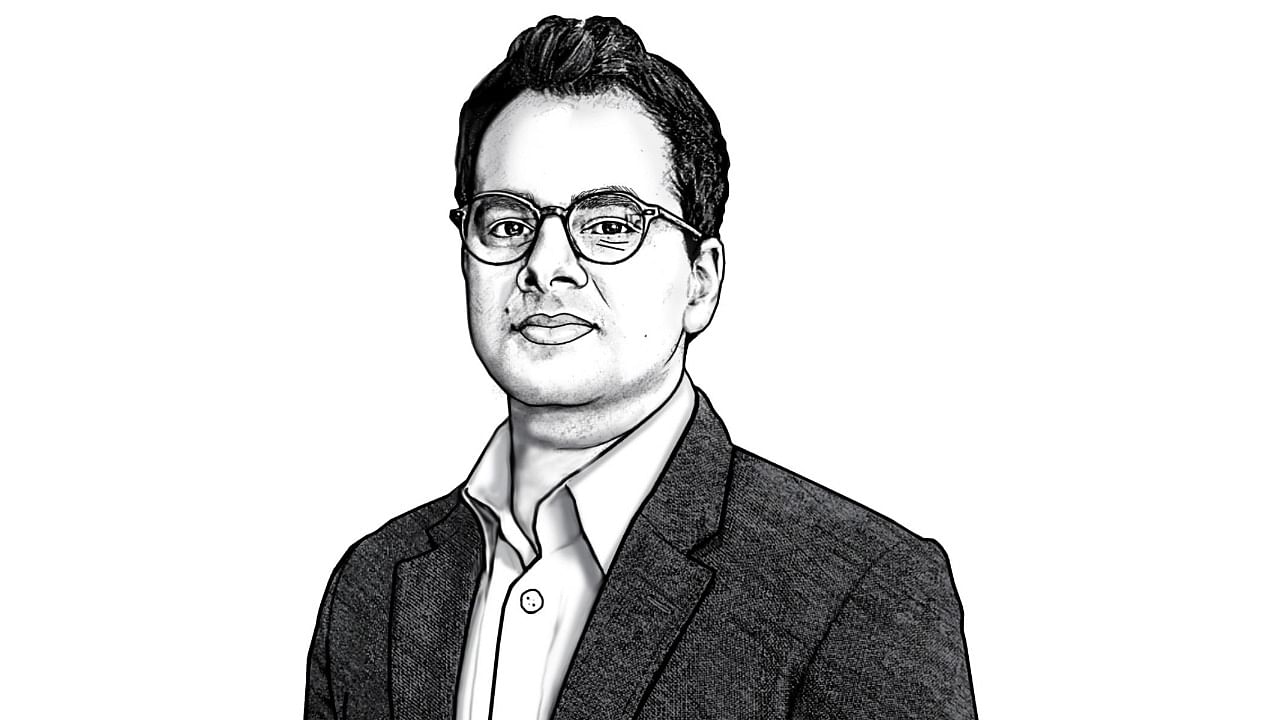
Personal finance is perhaps one of the hottest trending subjects. It has exploded in the past two years, with millions of Indians buying stocks for the first time.
Investments in stocks and mutual funds have also increased significantly, and it’s also one of the most searched and watched topics on YouTube and Google.
Also Read: Key mistakes to avoid while investing
It is evident that personal finance is essential, and everyone should have a plan for their goals and long-term wealth creation. But when one should start is one of the top questions not many people ask. In reality, when you start investing is the most significant deciding factor towards long-term wealth creation. Let’s find out why.
Selection is unimportant
When it comes to investing, over 90 per cent of an investor’s decision-making is based on trying to select the best stock, mutual fund, bond and so on. Studies say that selection has very little to do with long-term wealth.
Is 90 per cent of the work trying to select the best, worthless? Mostly, yes, it is. Studies show that your allocation to asset classes (equity, debt, gold, real estate) matters most. How much of your investments lie in equity-related investments is much more important than figuring out which fund or stock to buy.
The reality is that selection is fun and stimulating - it is nice to be able to scan the universe in pursuit of the best thing - just like trying to buy a pair of Bluetooth speakers. Still, for long-term investing, it is perhaps not that important.
What is most important is when you start investing. It is perhaps the most crucial decision you will ever make. There is a saying - “time in the market is better than timing the market.” Time spent in your investments grows at a compounding rate, which means the more time you give your investments, the more they will multiply.
Let’s take an example. Say there are three investors - A, B and C. Investor A invests Rs 1 lakh at age 18. Investor B at age 24 and investor C at age 30. They are planning to retire at age 60 and expect returns of ~15 per cent.
Investor C, who invests at age 30, ultimately grows the Rs 1 lakh to Rs 66 lakh by age 60. Investor B grows his investments to Rs 1.5 crore (150 times). Investor A who invests at age 18, grows his money to Rs 3.5 crore (350 times). That is the magic of compounding.
By just starting early, investor A multiplies his money by over 350 times as opposed to 66 times by Investor C.
Let’s look at monthly investments. Investor A making monthly investments of Rs. 1,000 will have Rs 4.2 crore by the age of 60. Investor B will have Rs 1.7 crore, and investor C will have Rs 70 lakh. Hence, investing early is probably the best thing an investor can do for better long-term wealth creation. It is also a big reason personal finance should be a required topic of study in the schooling system.
Today most investors tend to start after the age of 30. However, education about the impact of your investments by starting early can enable more considerable long-term wealth creation. Warren Buffett, history’s most successful investor, started investing at age 11. At 92, one of his biggest regrets is not starting earlier.
(The author is the president - passive funds, at Motilal Oswal Asset Management Company and founder of Glide Invest)